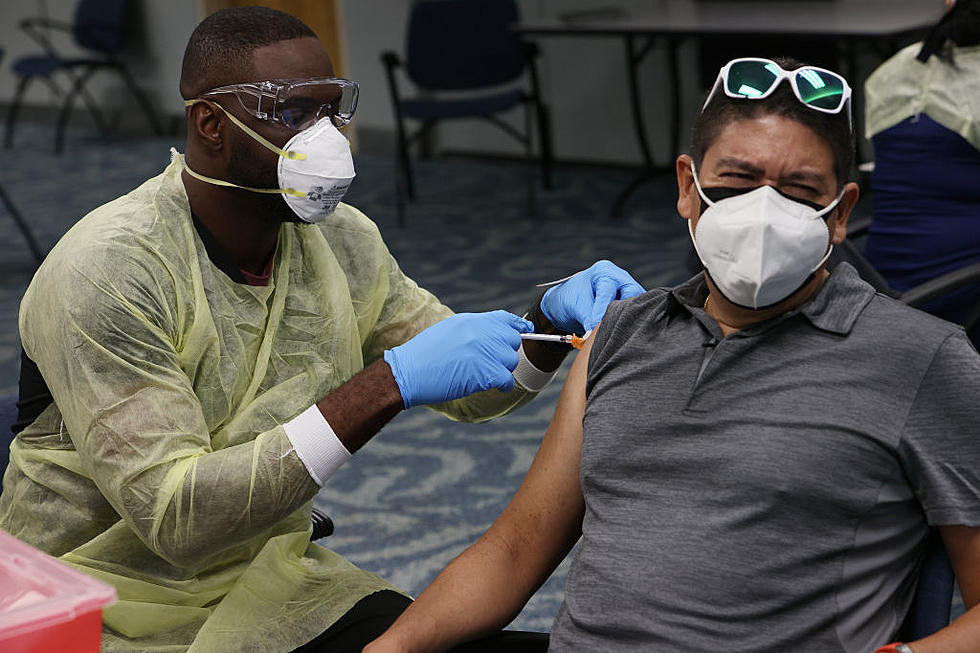
Zika Virus Bigger Threat to Children Than Expected, Says Seattle Doctor
An expert doctor who helps lead the brain research at Seattle Children's Hospital says the Zika virus is causing much bigger neurological issues in children than expected.
According to NW Cable News, Dr. William B. Dobyns, who heads up the Center for Integrative Brain Research at the renowned Seattle medical facility, the Microcephaly being caused by the virus is some of the worst he's seen in decades. Because of his knowledge and extensive research, Dobyns is fast becoming a much sought after expert on the subject.
Microcephaly is a condition, or birth defect, found in babies who's mothers became infected with the mosquito born virus. It can also be spread through sexual contact. Microcephaly causes a baby's head to be smaller than it should be, affecting neurological functions.
A baby is considered to have Microcephaly when their head is two standard deviations, or sizes, below what is considered the norm for that child's age.
Dobyns has studied at least 15 brain scans of affected babies from Brazil, and found some startling conclusions. Usually, about 15% of babies affected by the birth defect are found to have normal intelligence and brain function. But in these children in Brazil, he says that number may be zero.
This indicates to the doctor that the impact this strain of Zika virus is having on pregnant women and their fetuses could be far worse than most previous cases.
Dobyns cautions that while the current U.S. threat is very minimal, it won't be long before cases of infection and Microcephaly start showing up in southern states, as infected mosquitoes spread the disease to others and they make their way north.
Zika, first identified in 1947, had largely been confined to Africa and other isolated regions of the world. It's similar to West Nile virus, Dengue fever and other mosquito-carried pathogens. But those ailments don't appear to be causing the neurological issues such as Microcephaly.
More From 870 AM KFLD









